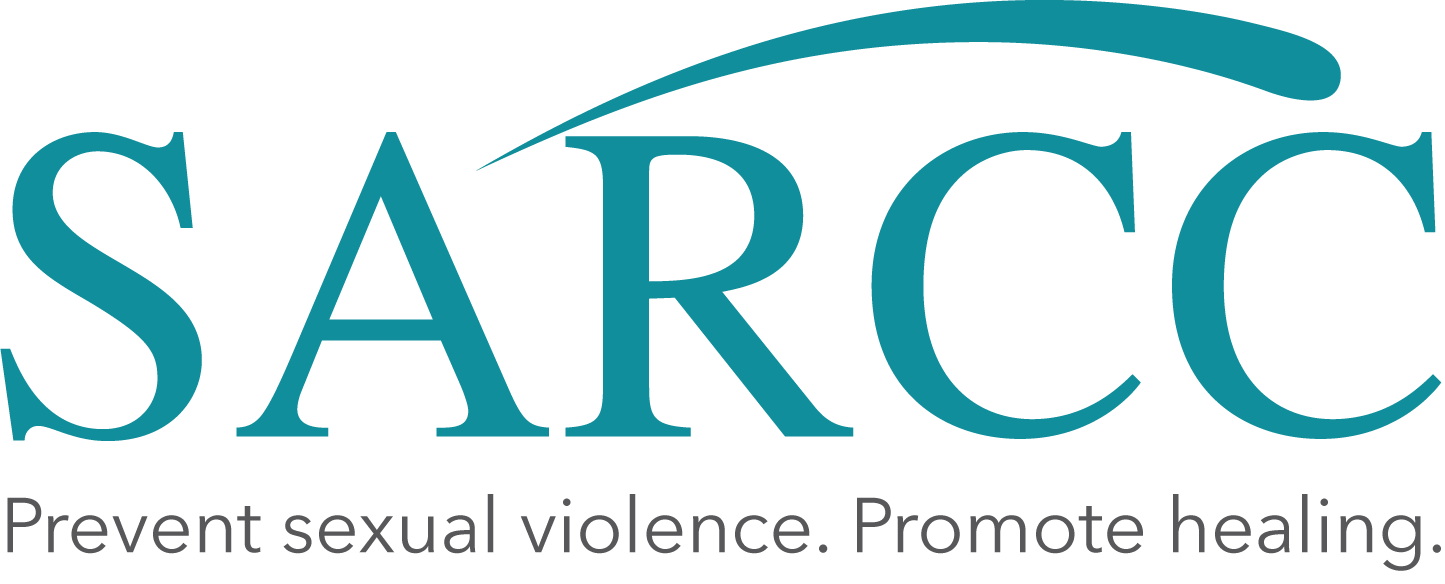Resource Of the Week: 35 Tips for Dealing with Difficult Family Members During the Holidays
The Holiday Season is often thought of as an opportunity to connect and spend time with family. However, many survivors may experience strained, unhealthy, or absent familial relationships, especially if they experienced abuse from a family member or do not feel believed or supported in their experience by their family. Rather than excitement, the idea of family gatherings may trigger feelings of dread, anxiety, and depression. Especially when flooded with cultural ideals of family in movies, shows, songs, and social media, survivors might also feel isolation and shame if their experience of the holidays doesn’t match. It is important to remember that you are not alone, and that you are allowed to prioritize your own well-being during this time.
Here are some tips for promoting mental health if you find yourself navigating difficult family dynamics this season:
- Set boundaries. This may mean boundaries on your time—for example, deciding to only stay at a family gathering for a set number of hours, your space—remember, family members still need to practice consent for all touches—and topics of conversation—it’s okay to disengage from discussions that make you uncomfortable.
- Prioritize self-care. Whether it means taking walks, journaling, listening to music, or just having some “me time”, take the time you need to recharge from social events and check-in with yourself.
- Consider alternative celebrations! This could look like planning a “Friendsgiving”, engaging with community events that bring you a sense of joy and connection, or making new traditions with loved ones. Family can come in many forms, and they’re all worth celebrating!
- Reach out for support. If you’re struggling with your mental health this season: you’re not alone, and you deserve support. Consider talking to someone in your support system or a mental health professional.
SARCC’s hotline is open all through weekends, evenings, and holidays to support survivors and their support people during these holiday times. Call 717-272-5308 or 570-628-2965 to talk with a sexual assault counselor.


